“I’m Proud to be an American.”
Late last month, Senora Kiernan’s Spanish III Honors classes ventured twenty minutes to Lawrence High School where Richard Blanco, an esteemed poet, presented an intriguing and inspiring speech.
However, in the days leading up to the trip, students admittedly felt uneasy about traveling into a town with so much cultural diversity. Students at Pentucket are typically sheltered from diverse cultures and Jen Lovett, a sophomore in Senora Kiernan’s class, recalls thinking that, “it was going to be really scary.”
Just the thought of a large city, with a predominately immigrant community, generated thoughts of violence and discrimination in the minds of some Pentucket students while others, such as David Greene, “didn’t think [Lawrence High] was going to be that much different [than Pentucket].”
But as the bus pulled into Lawrence High’s newly paved parking lot, crowds of students wearing khaki pants and blue Polos came into view altering the perspectives of Pentucket students. Not only are their uniforms more refined than the liberal dress code policy at Pentucket, but Lawrence High students also enjoy a school that is about five times the size of Pentucket and about fifty years younger.
With a more open and curious mind, the students from Pentucket soon came to the realization that despite differences in skin color, culture, and heritage, all of the students sitting in the crowded, newly built auditorium were present for one reason, to witness a presentation by the country’s fifth Inaugural poet.
Richard Blanco, “made in Cuba, assembled in Spain, and imported to the United States,” travels the country sharing his experience as an immigrant into America. In such presentations, he discusses the internal struggles he encountered as a child where he would constantly question which culture and even what country he belonged to.
Jen remembers Blanco recalling that he felt as if “he was caught between two different worlds,” something not many students from Pentucket can relate to.
Noah Malhi, also a sophomore, recalls Blanco’s experience attempting to “come into American culture, but also trying to keep his own [Cuban] culture.” On days like Thanksgiving, Blanco felt torn about what he should be thankful for. He begged his parents to cook a traditional American turkey and explained to his family the origin of the holiday and the history of the pilgrims. Though they were hesitant about losing their Cuban culture, his family obliged to Blanco’s request, serving the turkey in addition to traditional Cuban dishes.
Although Blanco struggled with this mistaken identity for many years, he credits his invitation to be the official poet for President Obama’s second Inauguration on January 21, 2013 as the moment when he felt “most American.”
Students from both Pentucket and Lawrence were asked to reflect upon their personal views of America.
Hannah Hollow, a sophomore in Senora Kiernan’s class, believes she feels most American during a tragedy. In situations such as the Boston Bombing and the attacks on 9/11, people “come together” in support of each other. There is no barrier of race, gender, or heritage; it simply becomes Americans helping Americans.
Noah, on the other hand, feels most American when not on United States soil. Noah believes, “When you’re not in your own country, you feel so different than everyone else” and have more pride for your home nation.
Noah also relates to Blanco’s feeling of not belonging. “In America, I tell people I’m from Morocco, but in Morocco, I tell people I’m American,” says Noah. Similar to both Noah and Blanco, students from Lawrence experience the pressures of not fitting in on a daily basis.
For Senora Kiernan’s classes, this idea of the meaning of being an American became the reoccurring theme of the day. After hearing Blanco’s speech, Pentucket students were given the chance to discuss their reactions of the presentation with students from a Lawrence High School English class, most of who could relate with many of Blanco’s experiences.
The students on the field trip recall a story from one girl whose mother is still living in the Dominican Republic while she lives with her father and step-mother. In her home in America, the girl is constantly treated differently even by her own half-sister who’s American friends always seem to be afraid of her.
Many of the Lawrence High students feel insecure in their own homes and “consider their school their home,” says Jenn, who finds this interesting due to the fact that most of the students at Pentucket dread the six hour school day.
Other students from Lawrence are even first generation immigrants themselves and have experienced their fair share of scrutiny and prejudice.
After spending just a few minutes in discussion, students from both schools began to discover more similarities than differences between the two cultures. “We are incredibly similar,” says David, who noticed that all the students had the “same values in mind, the same goals, the same expectations, and the same drives.”
Hannah also noticed that, “all [the students] wanted to become successful in life.” Despite differences in family history, culture, and language, each of the students were also interested in similar activities and sports, creating common ground for conversation.
So, if students from a predominantly immigrant community are able to get along so well with students from a chiefly “white” community, why does there continue to be segregation and discrimination between the two cultures?
Noah believes people, Americans in particular, must “learn more about different cultures” in order for people of all backgrounds to live together in unity. Noah admits that although there are many differences among cultures, “they are all pretty similar.”
Hannah also seems to believe the solution to this problem is quite simple; people of all cultures and races must learn “to not judge people based on appearance.”
From this experience, students were able to walk away with a renewed appreciation for all that America provides for its citizens, native and foreign.

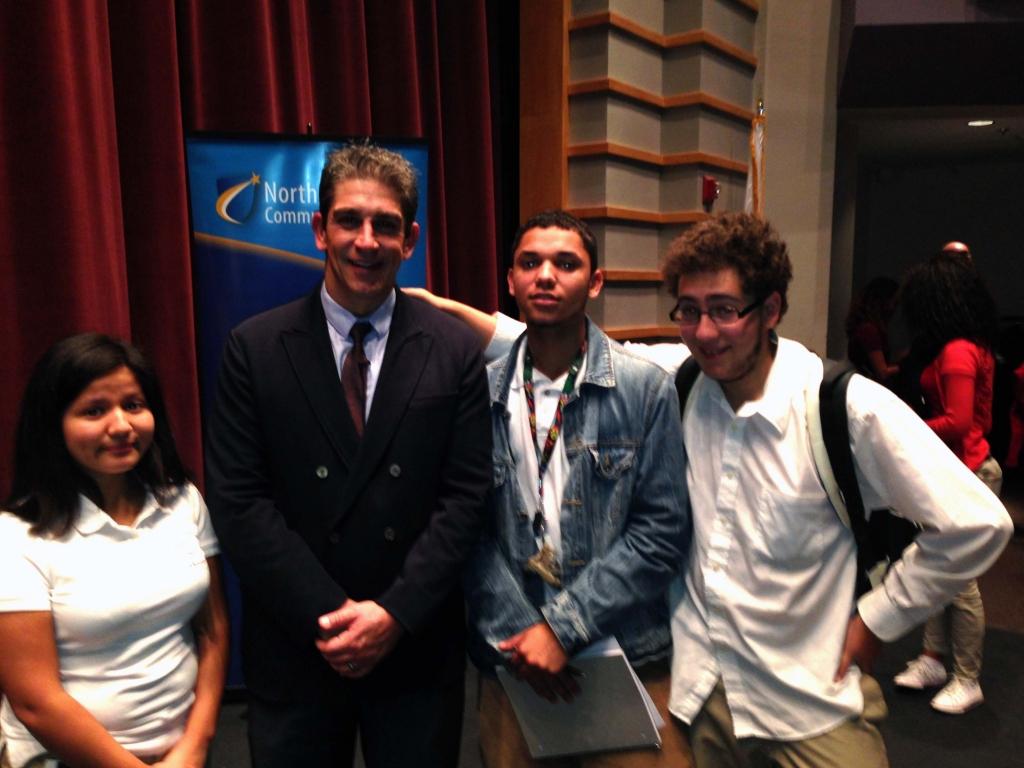
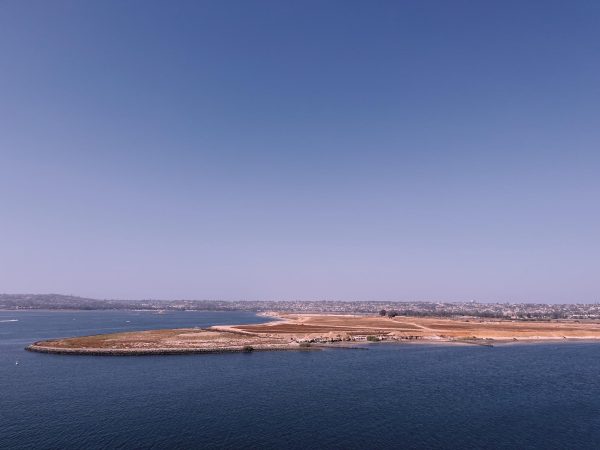
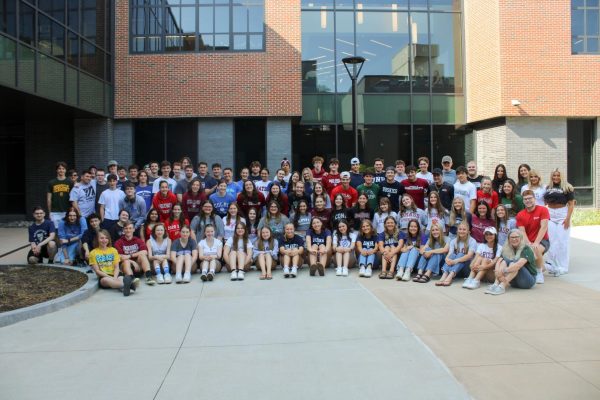
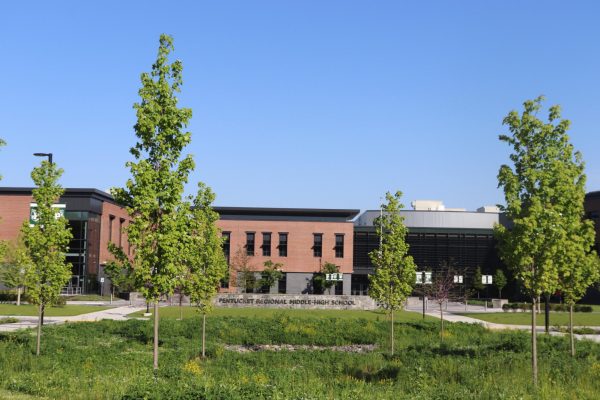
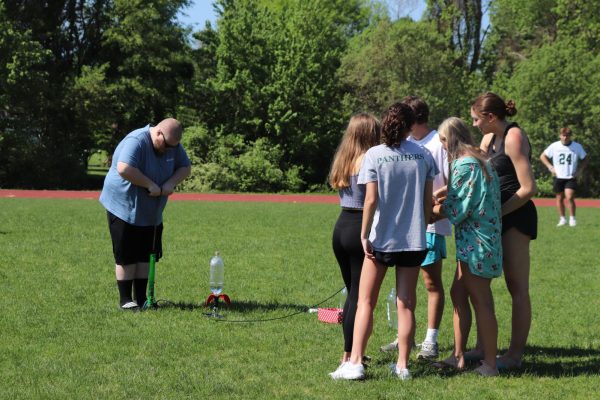
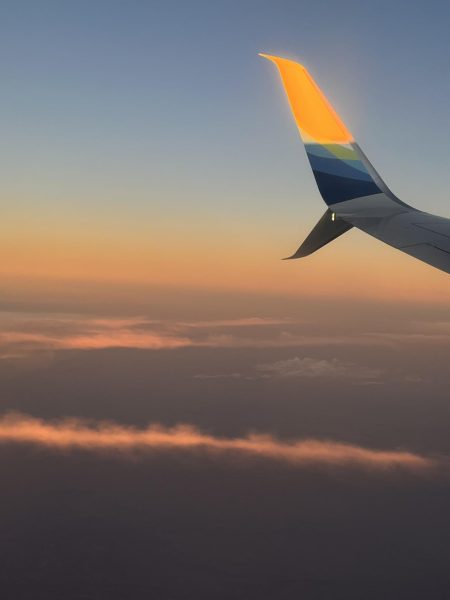
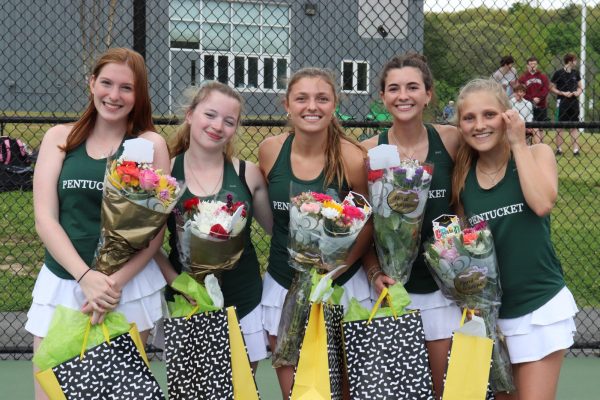
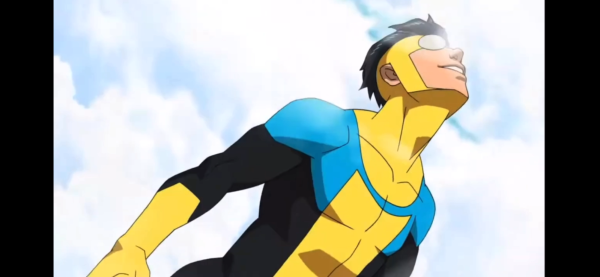
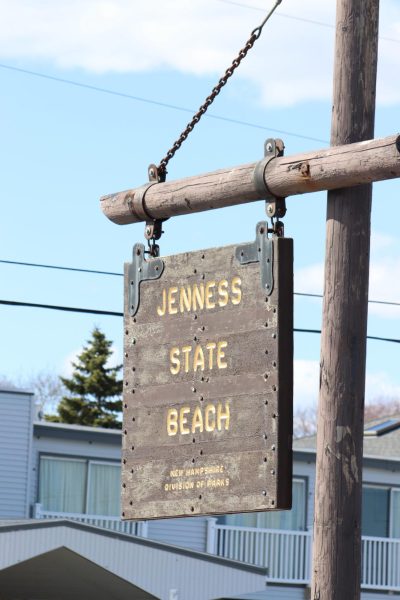
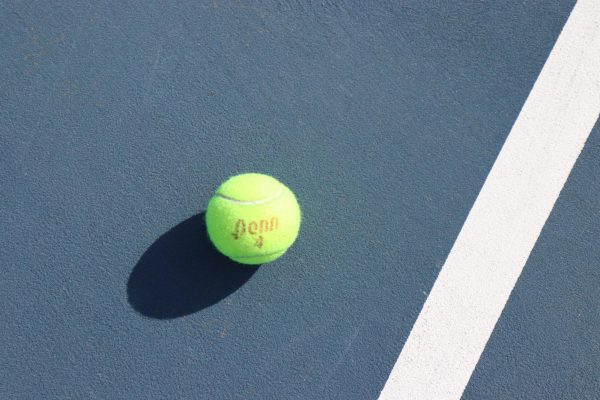

Erica • Dec 4, 2013 at 5:13 pm
This article is really well-written and I thought the concept was really interesting!